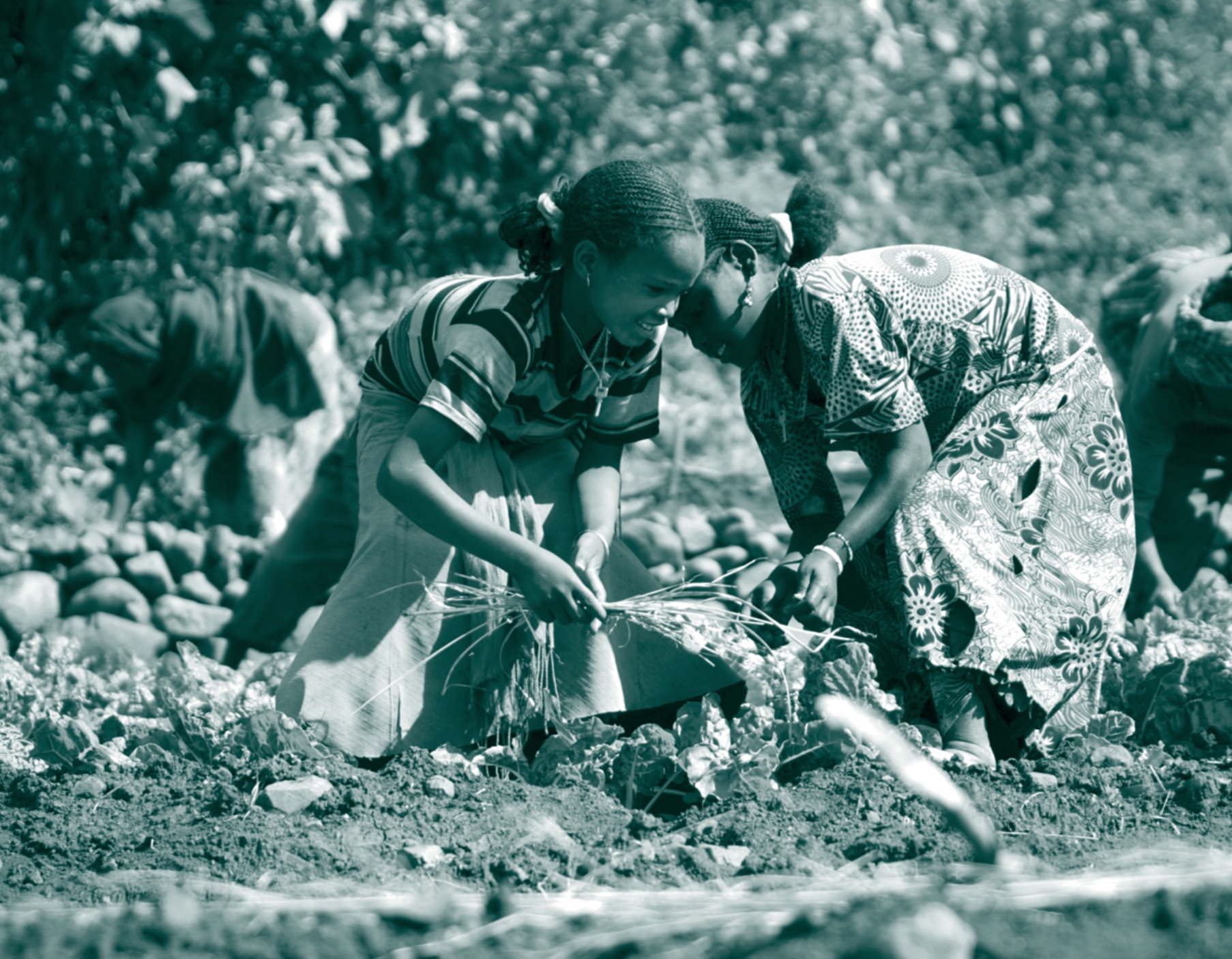Planning for an uncertain future: promoting adaptation to climate change through Flexible and Forward-looking Decision Making

Introduction
The need for decision making that is flexible, forward-looking and able to adapt to the unexpected is clear. One approach for acheiving this is ‘Flexible and Forward-Looking Decision Making’ (FFDM). But what is it, and how can it be operationalised in practice? In its simplist terms, FFDM is defined as the ability to anticipate, incorporate and respond to the changes with regard to governance, structure and future planning. To deal with uncertain futures, FFDM cannot base its decisions solely on evidence from past or existing capabilities and structures; it must also consider possible futures.
However, a transition towards supporting FFDM is likely to face significant obstacles. In some cases, it will require a complete transformation and an overhaul of current practices, recognising that organisational structures, mindsets, priorities and incentives of development actors are deeply ingrained and often slow to change. Promoting principles of FFDM within development policy will also require tailored guides, participatory tools and practical case studies to help ensure successful uptake and implementation.
This report documents the activities of the Africa Climate Change Resilience Alliance (ACCRA) in seeking to strengthen FFDM among district development actors. It describes research carried out while trialling an innovative and interactive tool to promote FFDM – a ‘game-enabled reflection approach’ – accompanied by capacity-building activities. ACCRA undertook case studies at the district level in three countries; Uganda, Ethiopia, and Mozambique. Building on these three case studies, this report outlines key findings and makes recommendations on how to better support decision-making processes for an uncertain future. It does so in view of helping to understand the use of FFDM as well as the effectiveness and limitations of a game-enabled reflection approach.
Flexible and Forward-Looking Decision Making
Decision making is flexible and forward-looking when it:
- Recognises that change will happen and requires adaptation, but that the specific direction and magnitude of change, as well as the implications for development trajectories, are uncertain.
- Is able to consider and reason about the impacts of different drivers of change on development trajectories and plans accordingly in order to maintain progress.
- Can identify enablers and initiate steps to overcome barriers to adaptation.
- Can, where needed, make changes to structures and planning processes to implement adaptation effectively, whether incremental or transformational.
Key Messages
- Despite change and uncertainty being at the heart of development, many actors continue to plan for the near-term with little room for manoeuvre or contingency. Three- to five-year planning and funding cycles remain the norm. A move towards promoting more Flexible and Forward-looking Decision Making (FFDM) is therefore crucial.
- As a concept, FFDM is relatively straightforward to understand. In practice, though, it is often hard to relate to complex real-world problems. We therefore need new approaches to help communicate and promote the principles that make up FFDM to development practitioners.
- FFDM need not be seen as a stand-alone approach, but the principles of FFDM can and should be embedded in other relevant approaches such as those focusing on resilience-building, climate change adaptation or sustainable development.
- Innovative tools that encourage two-way exchange of knowledge and experiential learning can help in communicating abstract concepts. ACCRA trialled a “game-enabled refl ection approach”, combining serious games with structured refl ection sessions.
- Understanding the political-economy context, ensuring political buy-in and identifying ‘champions of change’ are key for promoting the uptake and implementation of FFDM in development policy and practice.
- Effective promotion of the principles of FFDM requires fundamental changes to the way that development is thought about, funded, implemented and evaluated. It cannot simply be left to those at the receiving end of development funds to ensure their interventions are promoting FFDM.
- Trialling and researching innovative experiential tools require a balance between allowing the approach to evolve and improve to achieve the highest possible capacity building outcomes, and focusing on consistency of the approach itself and how it is implemented to ensure high-quality rigorous research.
Suggested citation
Jones, L., et al., 2014. Planning for an Uncertain Future: Promoting adaptation to climate change through Flexible and Forward-looking Decision Making. Overseas Development Institute (ODI).
(0) Comments
There is no content